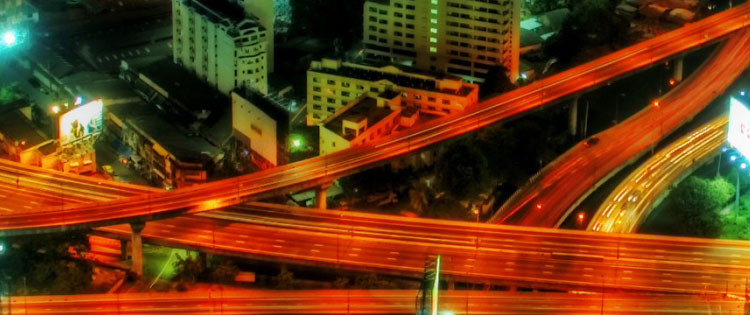Former U.S. Senator Kay Bailey Hutchison (R-TX) was instrumental in protecting taxpayers from double taxation by defending the ban on tolling existing interstates during her tenure, even imposing a special provision to protect Texas. Now Trump wants to provide states “flexibility to toll existing interstates.” This means the lanes you drive today toll-free could now have tolls slapped on them simply to generate revenue for big government as a new tax in the hands of unelected toll agencies or to line the pockets of private toll operators — completely out of reach of the voters.
Trump’s base sees the president as a champion of the working man. They elected him to look out for American workers by cracking down on illegal immigration, nixing or renegotiating hostile trade agreements, and putting more money back in their pockets. Now they may be asking, what good does it do to put money back in one pocket through tax cuts only to take it out of the other with confiscatory toll taxes, especially in the hands of private, for-profit, global corporations?
Groups like Alliance for Toll-free Interstates along with many grassroots groups that span the country from tea parties to pro-taxpayer organizations vehemently oppose the toll component of Trump’s plan. P3s are particularly unpopular due to the massive taxpayer subsidies and putting taxpayers on the hook for most of the funding through federal loans and bonds.
“Tolls are a wildly inefficient tax, sacrificing money that could go toward construction to corporate profits and administrative costs. In addition to the diversion onto secondary roads which causes congestion and public safety issues, tolls will do unimaginable harm to businesses, as shipping and manufacturing prices skyrocket to account for these new costs,” said Stephanie Kane, spokesperson for the Alliance for Toll-Free Interstates. “This plan is not innovative or good policy – it is simply a nationwide plan for #TrumpTolls.”
“The Trump Administration’s infrastructure plan is choosing Wall Street over Main Street. Tolls will take money from hardworking Americans and give huge profits to toll road investors – many of which are foreign companies,” Kane said.
It’s not just commuters who worry about this new tax. Industries such as shipping and manufacturing fear the added cost tolls will add to moving goods throughout the country, increasing costs to consumers.
“Everyone understands the inefficiencies of toll collection and that a large portion goes to investors instead of road construction, but what they may not be aware of is the impact on the cost of doing business. Companies that move goods, such as UPS, rely upon the unrestricted flow of goods on interstates to move freight throughout the country. Nationwide tolls will dramatically impact the cost of moving goods, and ultimately consumers will pay a higher price,” said Rich McArdle, President of UPS Freight.
When the interstate highways system was conceived, the president and congress decided to do it with a gas tax based system rather than tolls because there would never be enough money collected in rural parts of the country to pay for their own roads. So the renewed push for tolls is looking an awful lot like a targeted tax on urban commuters — the very working class voters that comprise Trump’s base.
The federal-aid highway system has been primarily funded with a federal gasoline tax, currently at 18.4 cents per gallon which has remained unchanged since 1993. With revenue from gas tax chronically falling short of what congress spends, politicians love turning to tolls as a get-out-of-jail-free card to voting for a tax hike. But most Americans aren’t fooled by the distinction without a difference – a toll is a tax, especially when being imposed on lanes their tax money has already build and paid for.
Tolls have been and will remain wildly unpopular with ordinary citizens. The crony capitalist wing of the Republican party seems to be winning over the president in lieu of his Main Street voter base. The opposition to tolls, especially those imposed on lanes that are already paid for, will only grow stronger and louder as congress weighs the president’s proposal.


